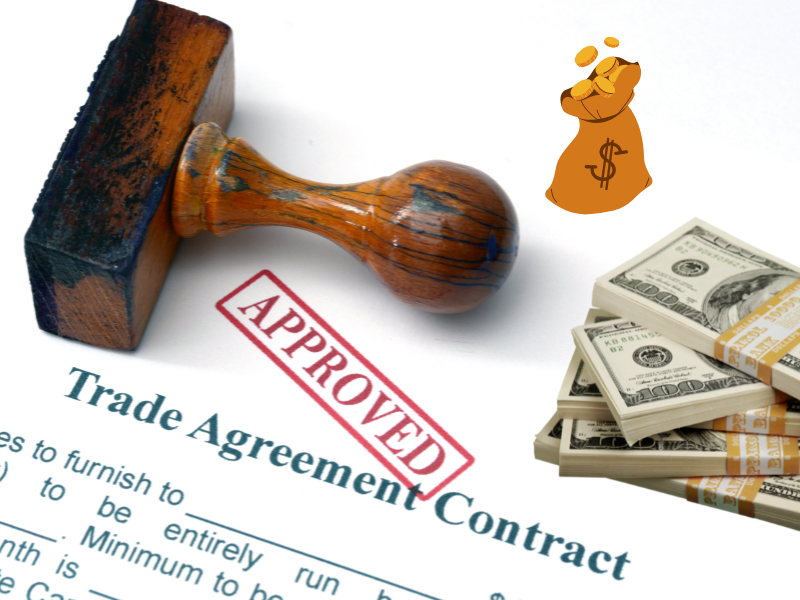
Different Types of Securities Fraud
The Federal Bureau of Investigation is the organization charged with identifying fraud and illegal activities that are linked to schemes and other fraudulent activities. There is a broad range of claims for securities fraud that cover a range types of transactions. Based on the FBI, the most frequent types of fraud in the securities industry are Ponzi schemes, pyramid schemes and advance fee schemes and fraud that involves manipulating markets.
In the report, the FBI mentions that some of these scams are carried out by financial experts however, others are executed by common people trying to gain money from others.
Broker Misconduct
While there are many ethical brokers available however, some brokers choose to violate their legal and ethical obligations to customers, leaving their customers to losses and the broker as well as his brokerage company to the liability of the brokerage firm. The most frequent examples of this kind of fraud include margin trading, misleading illustration as well as inappropriate investments.
When an agent tries to convince you into purchasing a new product, the agent should inform you of the advantages and benefits related to the product. A lot of buyers buy indexed annuities on the expectation that they won’t be able to lose their principal. Annuities that are equity-indexed are usually very complex with a lot of moving components. Particularly important is the possibility of accessing the money invested. If you’ve purchased an equity-indexed annuity and it’s not performing as thought, you may be able to file a claim in court for the recovery.
Hedge Fund Abuses
Hedge funds are complicated vehicles which can cause investors to believe that they are protected by no protection. Sometimes, the manager of a hedge fund could be deceitful about their credentials or background, previous situations which involved theft from hedge fund or the performance of the funds.
Investment Advisor Misconduct
They are according to law legally deemed fiduciaries. In simple English this means they are required to ensure that their clients’ interests are over their own interests. However, just like brokers, investment advisors may be in breach of their obligations and could be held accountable for recommending the purchase of securities that are not appropriate or even for fraud.
When the adviser or broker is sharing the prospect of investing with you, they must provide all the necessary details must be disclosed to enable you to make an informed choice. You must be able to read financial statements as well as other documents when needed. Unscrupulous advisors might be able to evade giving you all the details (including information about conflicts of interests) which could be basis for a claim against the person, particularly in the event that false or statements that were misleading were made.
Incorrect Outside Money Managers
The decision to choose which investment company to partner with was probably an exercise that required you to adhering to the name of the company. It’s not surprising that it comes as shocking to discover that the broker has entrusted the business to an outside money manager. The use of an outside company to manage your money isn’t incorrect however, a broker is under an obligation to select the correct money manager – one that is able to trade in your range of risk and be in the direction of your investment goal. Making the wrong choice with regards to your money manager could cause your broker to be held accountable the same way as any other bad or unsuitable advice could.
Structured Product
Structured products are usually offered based on an upside potential and the risk of a low downside. However, a broker that leaves out the major disadvantages is doing investors an injustice. A broker who does this does not consider that these products usually come with a lack of liquidity as well as high credit and market risk, and high costs. “Downside protection “downside protection” may not apply in a severe market, but in the event that the investor really need to use it. If your broker recommended an investment like this to you, and it’s not an appropriate or suitable investment, then you could be able to make a claim.
Variable Annuities Sales Misconduct
Variable annuities by themselves aren’t bad products but they’re not the ideal choice for all. If a broker has convinced you into buying one due to the substantial commissions they will earn in addition to the huge internal expenses and the lack of liquidity you’ll encounter, may be facing the possibility of a claim for sales abuse.
Insider Trading
In the event of the insider trade occurs, people trade stocks using information that is not accessible to the public at large. For instance, they could be aware of the business’s activities. In some instances insider trading can be legal provided it conforms to the regulations issued by the Securities and Exchange Commission.
If the transaction doesn’t meet the requirements that are set out in Securities and Exchange commission’s guidelines and rules, then the trade is considered illegal. These types of transactions are a source of unfair advantages to people who possess secret or private information regarding stocks, which exposes traders to risk.
Related Content on the Securities and Exchange Commission: Tyler Tysdal
